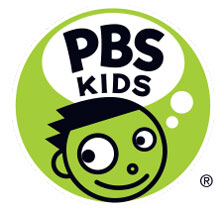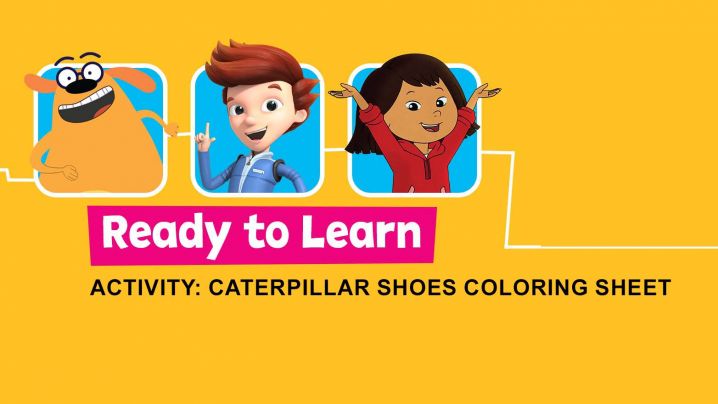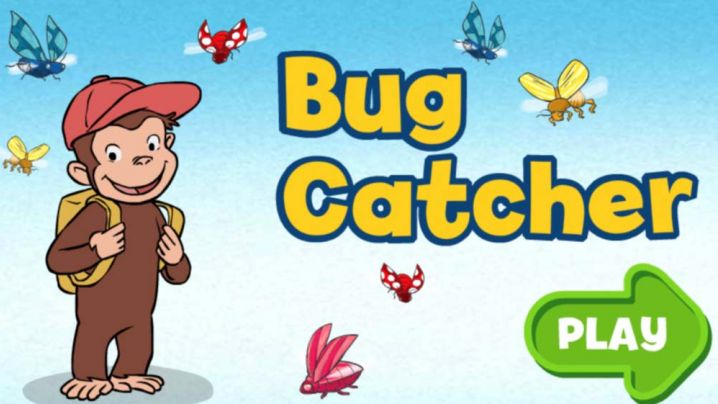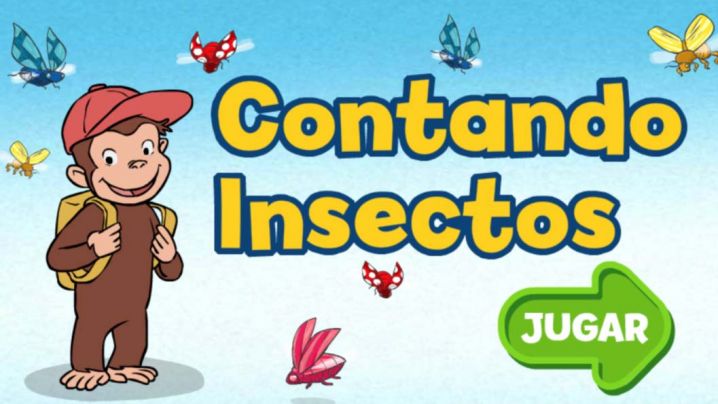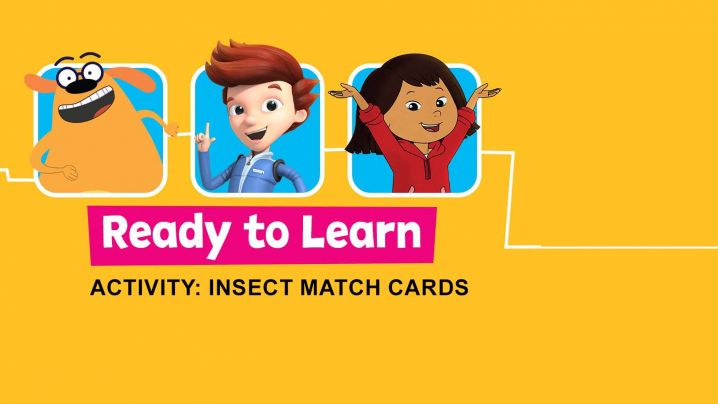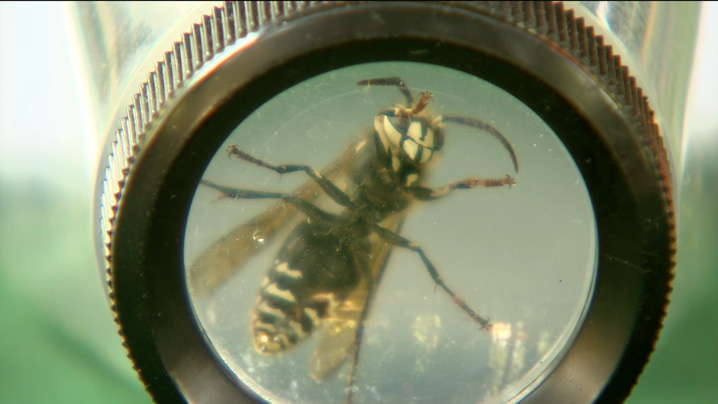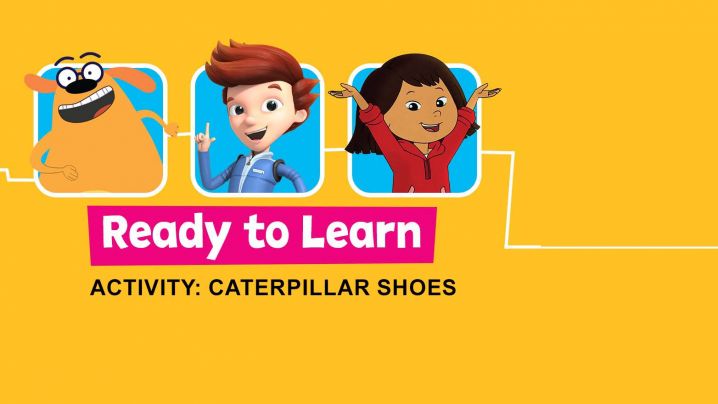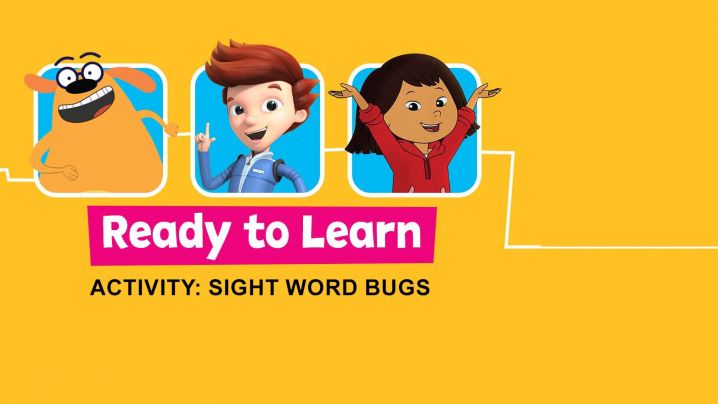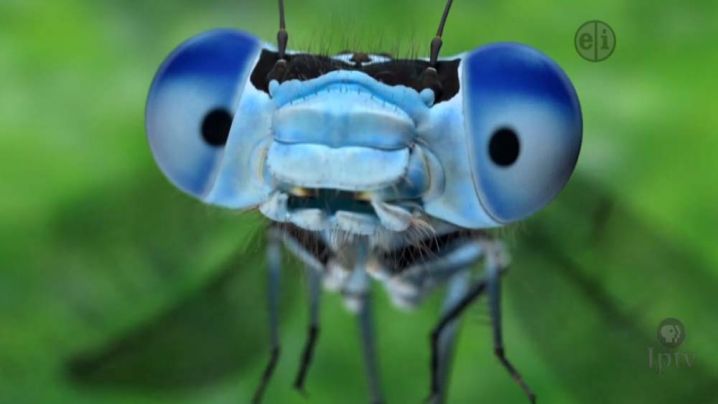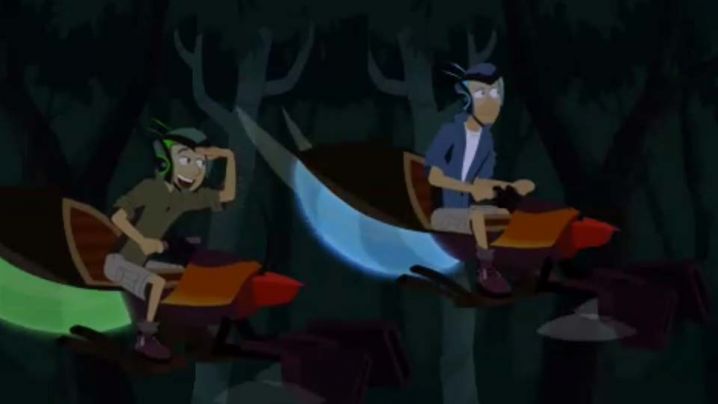Bugs
Learn the difference between bugs and insects.
Contents
3 Books:
- Insectigations: 40 Hands-On Activities to Explore the Insect World by Cindy Blobaum
- Bugs A to Z by Caroline Lawton
- On Beyond Bugs: All About Insects from the Cat in the Hat’s Learning Library by Tish Rabe
Activities: Games and craft ideas
Materials: Sight Word bugs, swatter, bug catcher, net, two-way bug viewer, Insect Match cards
Reading Skills
Sight Word Bugs: Scatter the sight word bugs on the table. Read a word out loud and have your child “catch” the bug by swatting the word. Collect/catch the words that are correctly identified. How many bugs can be caught? You can also create your own bugs to help your child identify numbers, solve math problems or reinforce different vocabulary words.
Match up: Use the Insect Match cards to play Memory, matching the picture of the bug to its name.
Play Old Maid: Deal all of the cards. Each player draws one card from the player on their right without looking at that player’s cards, then places any pairs they can make on the table. The person with the most pairs wins.
Play Together
Playing with your child can be fun for them and for you, and asking questions will help your child learn.
- Use sorting and matching skills as you examine the sight word bugs. Go on a nature hike in your own backyard and collect specimens of bugs and insects. Make sure you release the bugs and insects back into nature when you are finished observing them.
- Use your scientific skills. What is a bug compared to an insect? How many examples are you able to locate? Use the books to help understand the difference between a bug and an insect. Make a list of the bugs and insects that may be found in your area and go on a scavenger hunt. (Here are a few ideas: ant, bee, wasp, fly, grasshopper, dragonfly, butterfly, stink bug, cricket, moth, insect without wings, insect with 3 or more colors, insect with one color.)
- Use the net to collect different insects in the yard. How many different species did you find? Are you able to label the species? Visit Insects of Iowa at insectsofiowa.org if you need help. Use a magnifier to get a close look at your bug. Is it an insect? Does it have the three body parts—head, thorax and abdomen? Check pages 10 and 11 in the book On Beyond Bugs from The Cat in the Hat for help.
Online Activities
Watch What Are Insects with Iowa PBS host Abby Brown, Wild Kratts: Fireflies and Science Trek: Insects. Play the Curious George: Bug Catcher online game.
Use math skills to help George count the bugs to find out the answer!
Use math skills to help George count the bugs to find out the answer!
Use the Insect Match cards to play Memory, matching the picture of the bug to its name.
On this Science Trek, host Joan Cartan-Hansen and her guests answer students’ questions about insects.
Talk about how caterpillars have many legs and feet to hold up their very long bodies.
Scatter the sight word bugs on the table. Read a word out loud and have your child “catch” the bug by swatting the word.
Abby teaches kids how to identify an insect. You’ll also learn how some insects are very helpful to humans!
The Wild Kratts are all hyped about fireflies because they are having a firefly-themed picnic.


